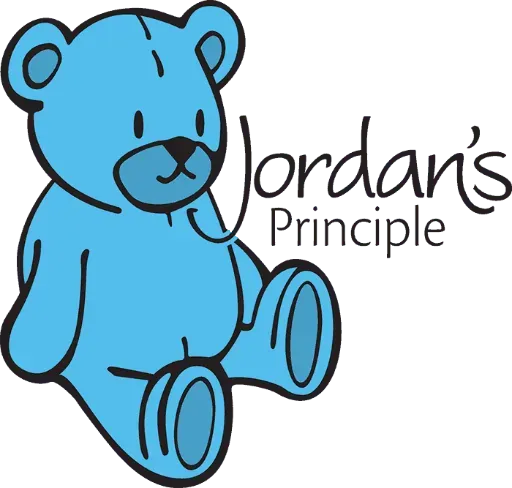Speech & Language Therapy
Your child’s speech, language, early literacy development and social skills are important for building relationships, learning, and maintaining their health.
Communication Skills
Communication skills are critical for your child’s success. Children begin developing their communication skills as babies long before you hear their first word. Your child’s speech, language, early literacy development and social skills are important for building relationships, learning, and maintaining their health. Learning to use and understand language is essential for nearly every other kind of learning your child does, not only as a toddler but as he / she gets older and enters school. Problems with communication development are surprisingly common: About 1 in 10 children need help developing speech and language skills.
What is Speech Delay?
Having a speech delay means that a child is having trouble making certain sounds in words or replaces certain sounds with other sounds. E.g., says “tarrot” for ‘carrot’
What is a language Delay?
Having a language delay means that a child is having difficulty with one or more of the following:
- understanding what words mean (e.g., following directions; pointing to named items)
- learning new words
- putting words together and using age-appropriate grammar
- expressing a message with gestures and words (e.g. to have their needs and wants met; to be social; to tell you how they’re feeling)
What are social Communication Difficulties?
Having social communication difficulties means that a child is having difficulty with one or more of the following:
- knowing what, when and how to “say” things (e.g., share information with or without words; protesting or making requests)
- starting or responding to interactions with you (e.g., playing with you for several back and forth turns using smiles, sounds or facial expressions; showing you something by pointing)
- knowing and understanding social cues (e.g., looks, gestures, facial expressions)
- interacting with you or others (e.g., prefers to play alone; is very independent; prefers objects over people)
Early Therapy can…
Sometimes parents and even health professionals may wait to see if a child will “grow out of it”, but many won’t. A “wait and see” approach means that precious time can be lost during this critical learning phase. Early identification and treatment of speech and language delays have been found to have a significant positive impact on a child’s progress. Children who receive therapy earlier (rather than waiting to see) generally have better outcomes. If you, your family, your child’s daycare/school teacher and/or child’s doctor have concerns about your child’s speech, language or social communication development, don’t delay!
Common Myths that prevent families from seeking help:
- It’s “normal” to not talk until 3 years
- Boys talk later than girls
- The pediatrician said “don’t worry”
- He’s just lazy / stubborn
- They just haven’t been around other kids much
- My son / daughter / niece / etc. didn’t talk until he was 4, and he’s fine
- She’ll talk when she’s ready
- His older siblings talk for him
- Einstein didn’t talk until he was 4
- Bilingual kids talk later
Should my child see a Speech-Language Pathologist?
Communication skills develop in a predictable pattern referred to as “milestones.” Milestones are when 90% of kids within a certain age range can achieve a skill. If a child is not meeting the following milestones by the given age, a referral to a speech and language pathologist is recommended. Please note this is not a subsi……
Does your child exhibit any of the following at
Your Child's Milestones
We recognize reviewing milestones can be stressful and scary and many parents may be hesitant to have their child assessed because it’s a lot of emotions to process. Your feelings are common and valid. It may help to keep in mind a few things…
- An assessment or any results on a piece of paper does not change your child – they will be the same sweet child, you’ll just have a lot of information about how they learn, areas of strength, and areas of need that require support
- Getting supports in place now will help set your child up for success sooner. It’s never too early and it’s not too late. If you think your child has been struggling or feeling frustrated with communicating, let’s get them support now so they (and you!) can start feeling better about communicating!
What are some signs of autism?
Hanen Speech-Language Pathologist, Fay McGill, talks about some of the traits or behaviours you might see in young children on the autism spectrum. While having one or more of these traits does not mean a child has autism, it’s important to be aware of them so that you can consult a professional for guidance if you are concerned about your child’s communication.
Note: The examples in this video represent a few traits that may co-occur with Autism Spectrum Disorder. This is not a complete list and this video does not replace the advice of a medical professional. If you are concerned about your child’s development, consult your doctor or call the Jordan’s Principle Team to learn more about how our team can help.
What the Jordan’s Principle Speech and Language Program Offers
RESOURCES
Early Years Centres / Best Start Hubs
Parents are encouraged to visit local Early Year Centres in the community which offer social and play opportunities free of charge.





